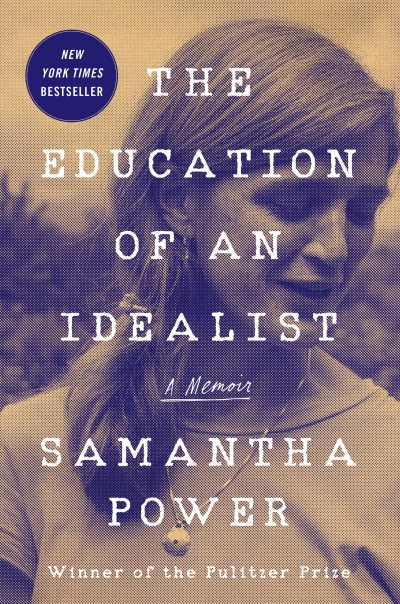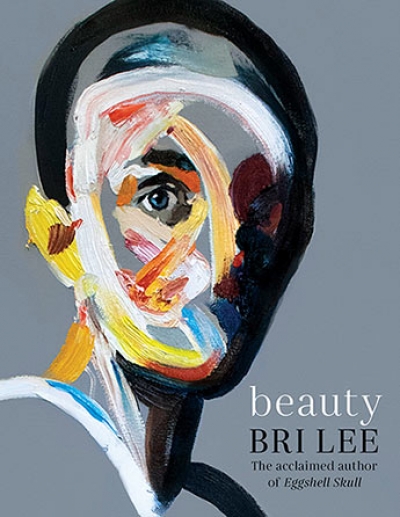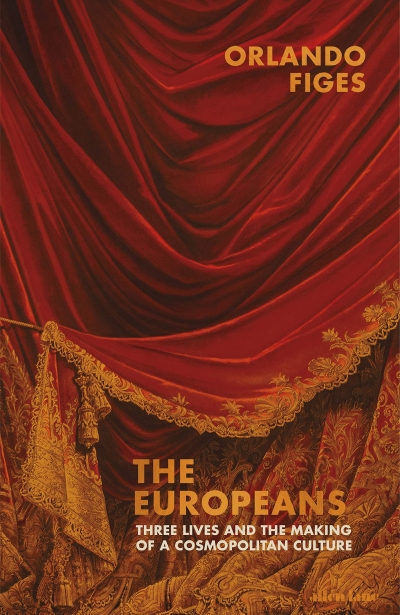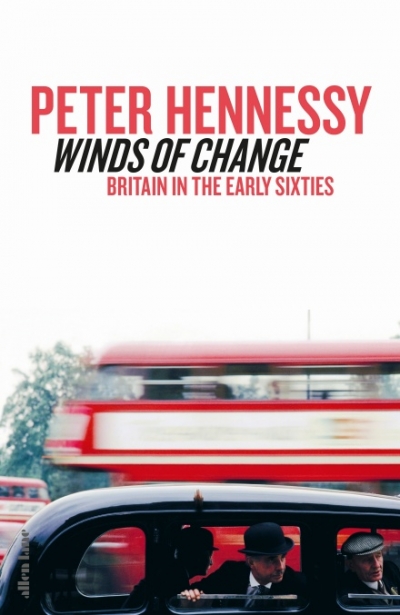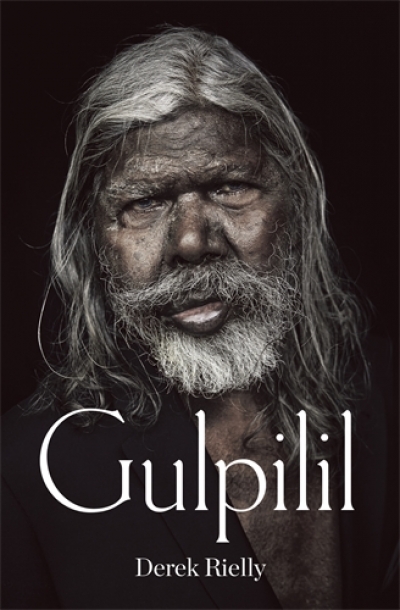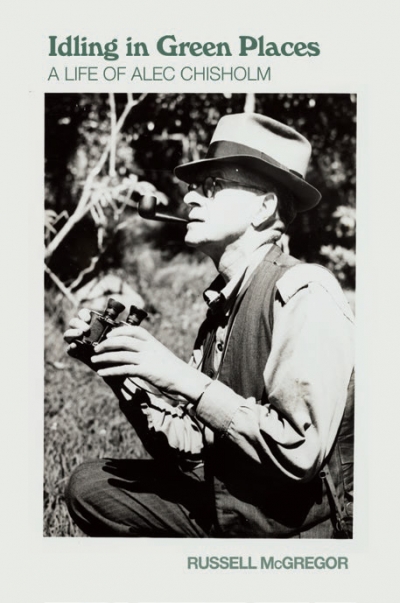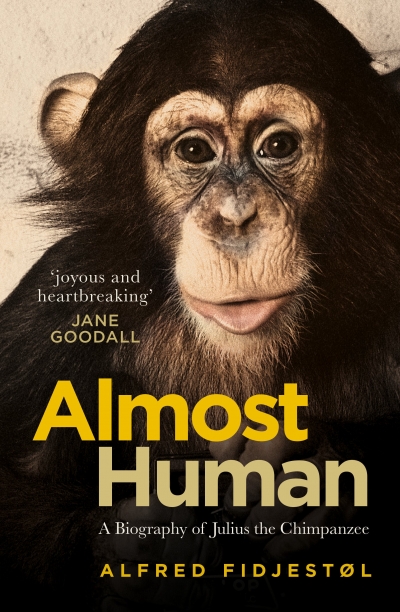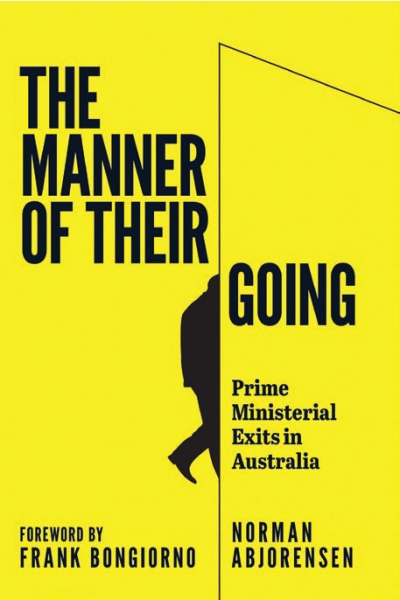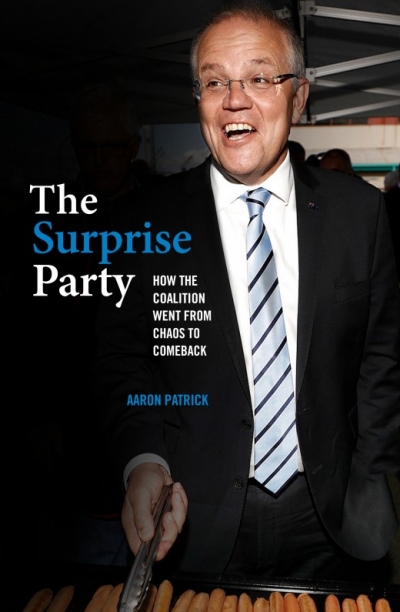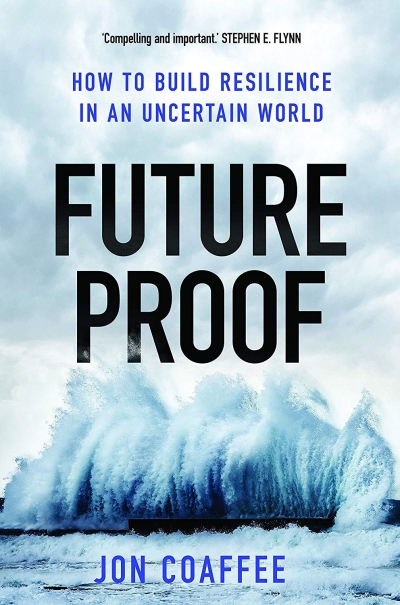Non Fiction
The Education of an Idealist: A memoir by Samantha Power
For two and a half decades, Samantha Power has been an advocate for US intervention to prevent genocide around the world – as a war correspondent, as an author, and as a member of the Obama administration (2009–17). The Education of an Idealist is a deeply personal memoir of that experience.
... (read more)My local shopping centre has seven nail bars, two waxing salons, and a brow bar. A cosmetic surgery clinic touts ‘facial line softening’ and ‘hydra facials’. A laser skin clinic offers cosmetic injections. Three other beauty temples offer ‘cool sculpting’, ‘eyelash perms’, and ‘light therapy’ for skin. I live in a gentrified, working-class suburb in Melbourne’s inner west. I’ve never set foot in these beauty shops, but they’re replicating like cells.
... (read more)The Europeans: Three lives and the making of a cosmopolitan culture by Orlando Figes
It was what Lawrence Durrell described as ‘the flickering of steel rails over the arterial systems of Europe’s body’ that steadily transformed nineteenth-century Europe into a cultural and social unity that would last until the outbreak of World War I. Not everyone was happy about this. Rossini, who was terrified of trains, stuck to coach travel, while others, including the German poet Heinrich Heine, took a sort of reverse-Brexit view, writing: ‘I feel as if the mountains and forests of all countries are advancing on Paris. Even now, I can smell the German linden trees; the North Sea breakers are rolling against my door.’
... (read more)Winds of Change: Britain in the early sixties by Peter Hennessy
On 3 October 1962, Hugh Gaitskell rose to address the annual Labour Party Conference in Brighton. He had been Labour leader for nearly a decade and was widely tipped to win the next general election, due within two years. Gaitskell’s message was clear and vivid: Britain must never join the European Economic Community. To do so, he told delegates, would ‘mean the end of a thousand years of history’.
... (read more)Australians have admired distinguished actor David Gulpilil in films like Walkabout (1971), Storm Boy (1976), The Tracker (2002), and Rabbit-Proof Fence (2002). Not so many will be familiar with the details of his recent life, as related by journalist Derek Rielly. We find Gulpilil dying of lung cancer in Murray Bridge, an unprepossessing town on the lower Murray River in South Australia. He is surrounded by friends and cared for by the heroic Mary Hood, a retired nurse who has dedicated much of her life to caring for Aboriginal people in the Top End. This follows several bleak years living as a ‘long grasser’ on the fringes of Darwin and doing time in Berrimah Prison on charges of serious assault during a drunken fight.
... (read more)Idling in Green Places: A life of Alec Chisholm by Russell McGregor
Australian nature writing has come a long way in recent years. Not only do we have an abundance of contemporary nature writers, but we are also rediscovering the ones we have forgotten. The neglect of Australia’s nature writing history, with its contributions to science, literature, and conservation, is happily being redressed with recent biographies of Jean Galbraith, Rica Erickson, Edith Coleman, and now a new biography of Alec Chisholm.
... (read more)Almost Human: A biography of Julius the chimpanzee by Alfred Fidjestøl
The biography has long been reserved for human subjects. It is a genre largely predicated on the idea that only humans live lives sufficiently rich and complex to be worthy of sustained examination. Countless books have centred on different kinds of animals, yet few have fallen within the biographical category. Most are found in the children’s, zoology, or fiction shelves at bookstores.
... (read more)The Manner of Their Going: Prime ministerial exits in Australia by Norman Abjorensen
How many of us would really want to be prime minister? The road to The Lodge is littered with depressing tales of ambitious politicians abandoning their friends, principles, and even their own authentic voice in order to secure the Top Job. Then, once you’ve fulfilled your life’s ambitions, voters and your own supporters are liable to tire of you and seek a new political hero. Nevertheless, prime ministers become accustomed to the power, public attention, and perks of office; they find it difficult to choose the ‘right time’ to leave office.
... (read more)The Surprise Party: How the Coalition went from chaos to comeback by Aaron Patrick
You didn’t have to be Antony Green to know that by seven o’clock on election night things were looking very bad for Bill Shorten. The problem itself wasn’t complicated. While all the available polling suggested that Labor would gain support, the majority of booth results said that Labor was going backwards. Numbers were breaking for Scott Morrison, with the Liberal National Party driving a bulldozer through Queensland, while expected Labor gains in Melbourne remaining stubbornly out of reach. Echoes of Don’s Party were hard to ignore.
... (read more)Future Proof: How to build resilience in an uncertain world by Jon Coaffee
In Future Proof, Jon Coaffee, professor in urban geography at the University of Warwick, asks readers to imagine ‘a typical day’: radio reports of an impending cyclone; public-transport posters encouraging the reporting of ‘suspicious activity’; the path to an office (especially in a CBD) protected by hostile-vehicle-mitigation bollards. At work, computer systems will be tested for security from cyber attacks. The train home will be delayed due to a network complication, and the evening’s television will show the cyclone’s impact, discussing the relative ineffectiveness of hazard mitigation.
... (read more)
